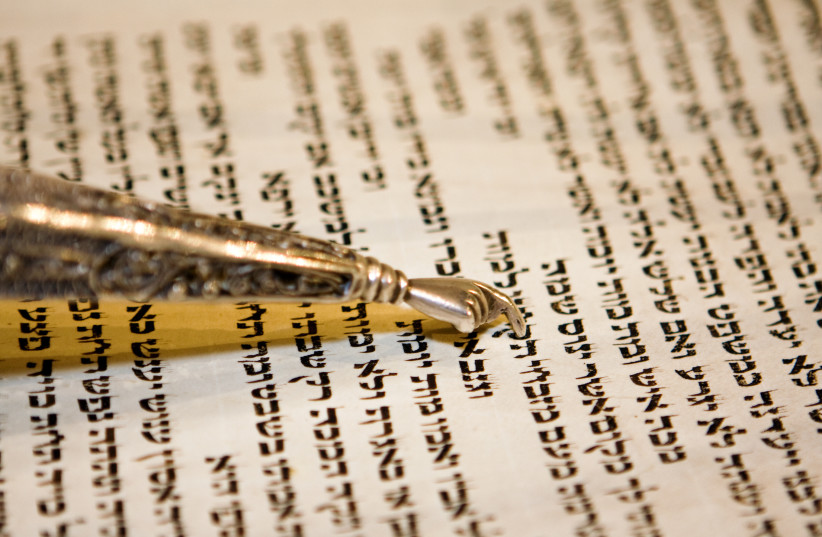In this week’s parasha, Pinchas, we read about the detailed census that took place “on the plains of Moab by the Jordan at Jericho” before the Israelites entered the land of Canaan, and the region was divided among the tribes of Israel. This census provides a detailed account of the families in each tribe and the exact number of tribal members, which is summarized at the end of the census description.
The commentators noted an interesting detail that arises from the family listings in this census. Each family is named after the ancient patriarch mentioned in the Book of Genesis, in the description of Jacob and his family’s descent to Egypt. However, 11 of those mentioned in Genesis are not mentioned in this census. Where did the families of those individuals disappear to?
The commentators offered various suggestions to solve this mystery. Some suggested that these patriarchs did not have offspring, or their families were small and included with other families. However, Rashi brings a shocking story from the Jerusalem Talmud that is not explicitly mentioned in the Torah and is only hinted at in this census.
The secret civil war in the Bible
Rashi tells us that the families missing from this census were killed in a civil war! This war broke out after the death of Aaron the High Priest when “the Canaanite king of Arad, who dwelt in the Negev” waged war against the Jewish nation. Some Israelites were afraid of the war and wanted to return to Egypt instead of continuing their journey to the land of Canaan.

By contrast, other groups within the nation saw it as the beginning of disintegration which could lead to the failure of the vision of establishing the Jewish state in the land of Canaan – the vision for which the children of Israel had wandered in the desert for 40 years. The tension between these two groups intensified and resulted in a civil war in which eleven families – from both sides – were lost from the people of Israel.
THIS CHILLING story calls upon us to contemplate the paradoxical concept, almost an oxymoron, of “civil war,” or as it is referred to in Hebrew, “a war of brothers.”
Every war is evil. Every drop of bloodshed is terrible. History is filled with wars, some that seemed justified and others that had no trace of justice, and all of which have devastated so many people – the dead, the wounded, the displaced, the missing, the shattered families, the starving children. There is no good war.
But a civil war, between brothers, is even worse because even if we can understand the harsh reality of war between two countries resulting from conflicts over territories or resources, it is extremely difficult to comprehend how brothers, members of the same people, can reach such a dreadful state of war against each other.
What distinguishes the relationships between family members from those between strangers? Relationships between strangers should be based on justice, fairness, and even empathy and compassion. However, relationships between family members should be based on mutual identification as one body, leaving no room for conflict. Can we imagine a person whose right hand fights against his left hand? If such a thing would happen, even if one side prevails, would there be a winner in such a war, or only losers?
When a nation descends into civil war, it primarily indicates the breakdown of the connecting foundation among its parts. In every nation and in every era, there were different groups that believed in different values, pursued different ways of life, and had different interests. However, when there is a national foundation that unites, it does not allow the various groups to reach a state of war. We can always argue, compete, and even confront each other, but if we feel that we are “brothers,” we cannot descend into a state of internal war.
This civil war in the history of the Jewish people presents us with a lesson: different opinions – yes; civil war – no! We must preserve unity above all, not necessarily uniformity. This is the secret of our existence and within it lies the key to success and prosperity, both material and spiritual. ■
The writer is rabbi of the Western Wall and holy sites.
